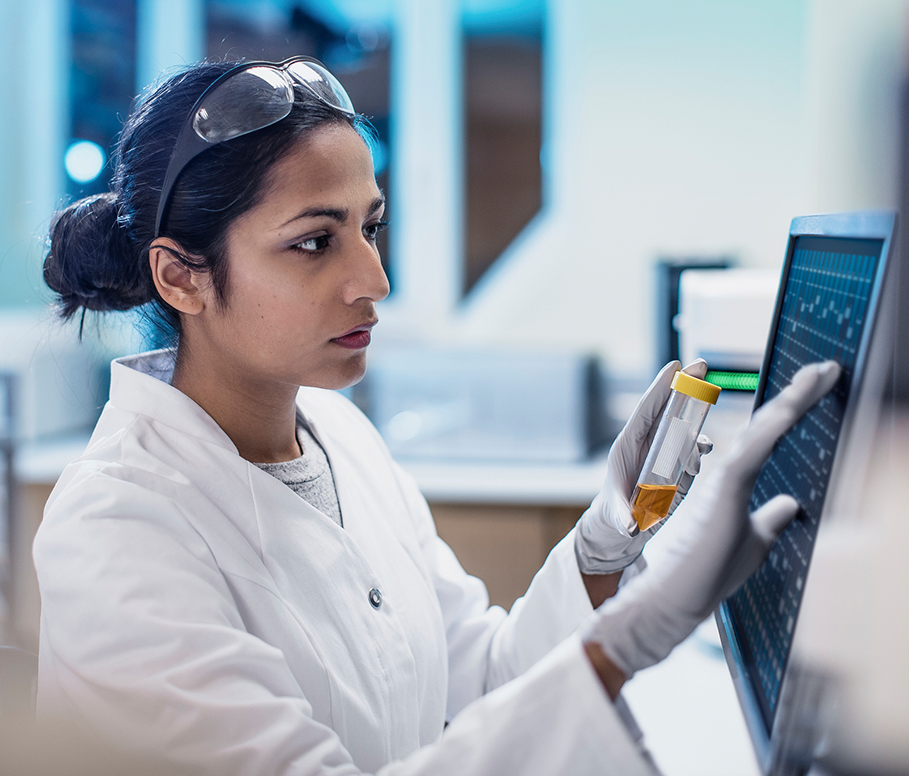IP Progress partner Institute for Competitiveness, in collaboration with The Indian Department of Biotechnology (DBT) and Biotechnology Industry Research Assistance Council (BIRAT), recently published a report assessing the competitiveness of India’s “bioeconomy” and detailing future opportunities to advance a highly innovative sector of the country’s economy.
While the report analyzes a broad range of indicators and factors, one of particular note is the examination of the role innovation plays in supporting and contributing to the expansion of India’s bioeconomy, which has been steadily growing over the years, reaching $51 billion in 2018 (a 14.68 percent growth from 2017).
The report estimates that, considering this growth and the potential of the sector, the bioeconomy in India is likely to reach $150 billion by 2025. Key growth drivers include affordable human capital, cost-competitive manufacturing, biodiversity and rising demand for health services, as well as initiatives implemented by the Indian Government such as biotech clusters and incubators.
“India has developed a strong base in Bio-Manufacturing, especially in the sub-sectors of biopharmaceuticals, bio-agriculture, bio-services and bio-industry. This growth has been facilitated by targeted government initiatives and actions which have led to the establishment of multiple bio-incubators, bio-clusters and allied start-ups.” -- Amit Kapoor, Chairperson, Institute for Competitiveness
The authors point out that, “by promoting research, innovation, cluster development and skilling of its labour force” it’s clear that “the government is keen on bringing about advancement within this sector.” In order to achieve this progress, the report recommends policies that urge the government to—among other steps—invest in research and development and strengthen technology transfers through a strong intellectual property ecosystem.
Nevertheless, while there is clearly immense opportunity within the sector, the report maintains that progress can and should be accelerated by “driving the growth of clusters through better incentive models” and strengthening public-private partnerships.
Concluding the report, the authors reiterate the promise and progress of India’s bioeconomy and assert that targeted incentives to strengthen bio-clusters across the country, strong policy actions, data management and the enhancement of biomanufacturing all play a critical role in supporting the country’s innovation-intensive bioeconomy.
For more on India’s bioeconomy and the innovation ecosystem, find the full report here.


